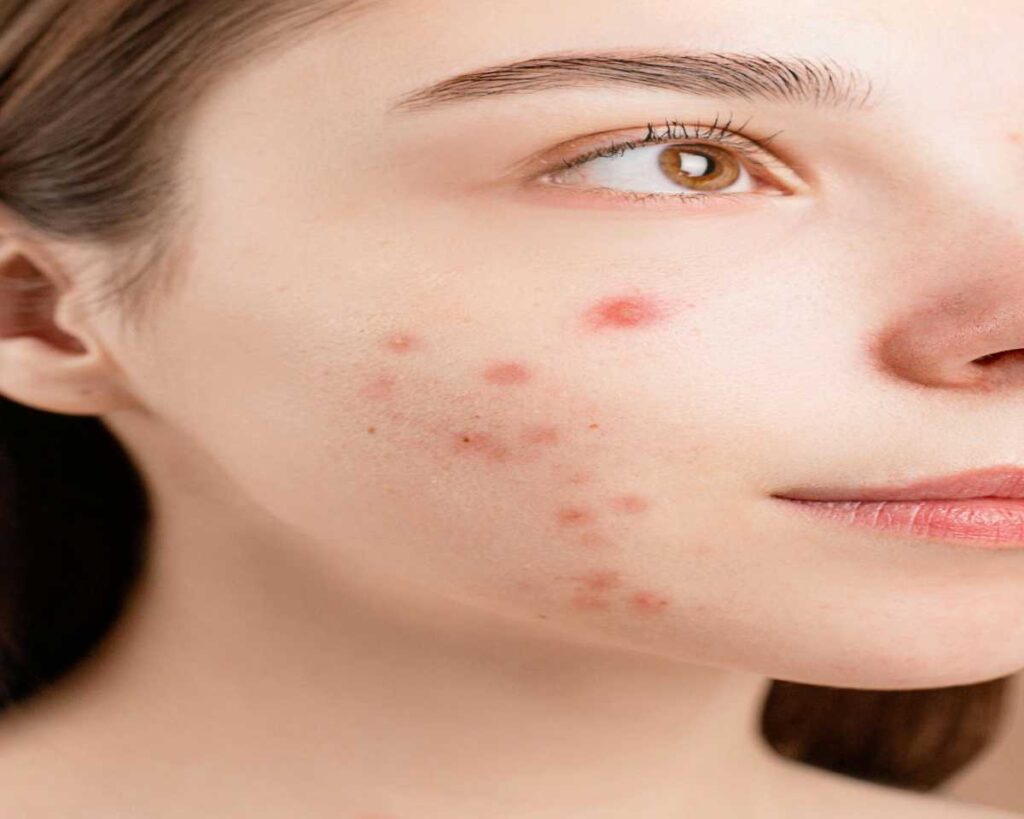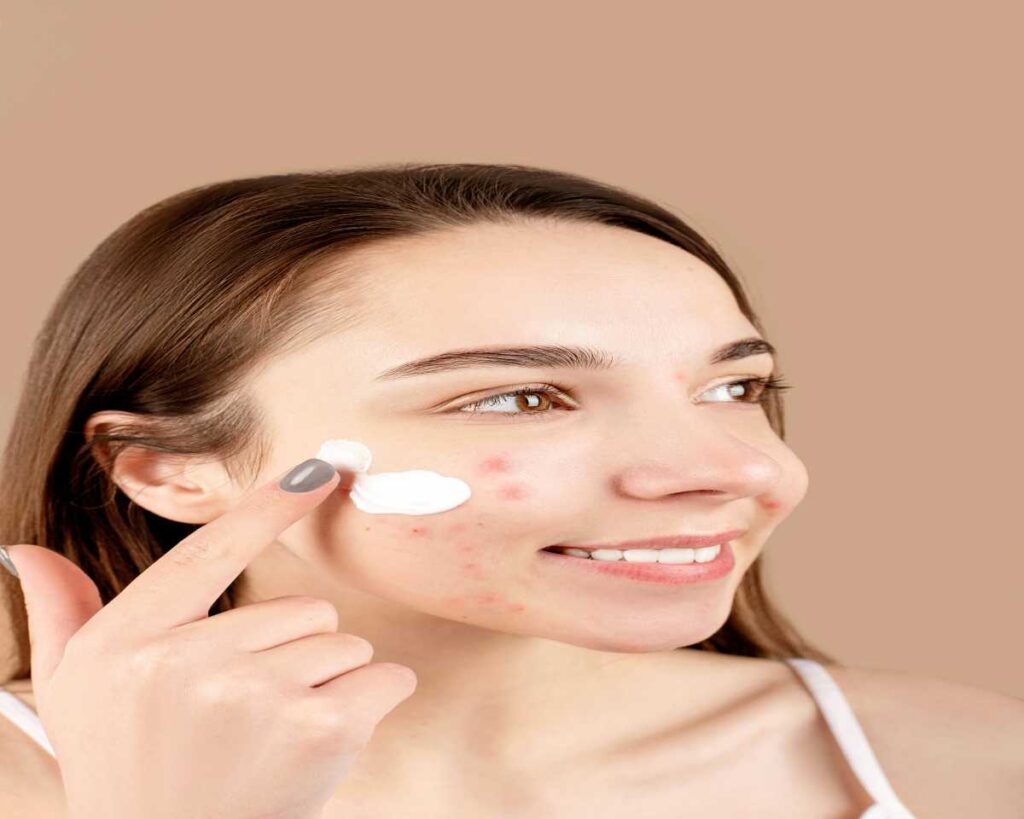Water is essential for our overall health, and it plays a vital role in maintaining the health and appearance of your skin. Staying hydrated not only supports the body’s various functions but also contributes to smoother, more youthful skin. In this article, we’ll explore the numerous benefits of drinking water for your skin and share helpful tips on how to maintain hydration for a radiant complexion.
1. The Link Between Hydration and Healthy Skin
The health of your skin is directly impacted by your hydration levels. Since skin is the largest organ in the body, it requires proper hydration to function optimally. When you’re dehydrated, your skin can become dry, dull, and more prone to irritation. Adequate water intake helps maintain your skin’s moisture balance, improves elasticity, and contributes to a glowing complexion.
2. Benefits of Drinking Water for Your Skin
2.1. Improves Skin Hydration
Drinking water is the most effective way to hydrate your skin from the inside out. While topical moisturizers help lock in moisture, staying hydrated ensures that your skin has a constant supply of water, keeping it soft, smooth, and elastic.
2.2. Reduces Dryness and Flakiness
When you’re dehydrated, your skin often becomes dry and flaky, especially in areas like your face, elbows, and knees. Drinking enough water helps keep your skin nourished and hydrated, reducing the chances of dryness and flaky patches.
2.3. Enhances Skin Elasticity
Proper hydration helps maintain the elasticity of your skin. When you drink sufficient water, your skin retains its bounce and flexibility, making it appear firmer and more youthful. Hydrated skin also appears plumper and smoother, which helps minimize the appearance of fine lines and wrinkles.
2.4. Helps Fight Acne and Breakouts
Drinking water helps flush toxins from your body, which can contribute to skin problems like acne. Proper hydration helps keep your pores clean and balances oil production, reducing the likelihood of clogged pores that lead to breakouts. Water also promotes better circulation, which can improve the skin’s overall health.
2.5. Promotes a Healthy, Glowing Complexion
Water increases blood flow, allowing nutrients to be delivered more efficiently to your skin. This improved circulation gives your skin a natural glow and helps it look more radiant. When you’re hydrated, your skin also has a more even tone, reducing redness or puffiness.
2.6. Speeds Up Skin Repair
Drinking water accelerates the healing process of damaged skin. Whether it’s from acne, cuts, or sunburn, water aids in the repair and regeneration of skin cells. It also supports collagen production, which is vital for maintaining skin structure and resilience.
2.7. Reduces Puffiness and Swelling
Water helps flush excess sodium from the body, which can reduce bloating and puffiness, particularly under the eyes. By staying hydrated, your body can maintain a more balanced fluid level, reducing the appearance of swollen areas and giving your face a more sculpted look.
3. How Much Water Should You Drink for Healthy Skin?
The amount of water you need depends on various factors such as your activity level, climate, and overall health. However, a common recommendation is to drink at least 8 cups (64 ounces) of water a day. This is known as the “8×8 rule” and serves as a general guideline. You may need more if you’re physically active or living in a hot climate.
If you find yourself struggling to drink enough water, you can also monitor the color of your urine. If it’s light yellow or clear, you’re likely getting enough hydration. Dark urine, on the other hand, indicates that you may need to drink more water.
4. Tips to Stay Hydrated for Better Skin
Here are some practical tips to help you stay on track with your hydration:
4.1. Start Your Day with Water
Drinking a glass of water first thing in the morning helps hydrate your body after a night of rest and kickstart your metabolism. It’s an easy habit to incorporate into your daily routine.
4.2. Carry a Water Bottle
Keep a water bottle with you throughout the day so you can easily track and encourage your water intake. Having water on hand will remind you to drink, especially when you’re on the go.
4.3. Infuse Water for Flavor

If plain water isn’t your favorite, try infusing it with fruits like lemon, berries, or cucumber. Infused water is not only more refreshing, but it also adds extra nutrients that can benefit your skin.
4.4. Eat Water-Rich Foods
Incorporating water-rich foods into your diet can also help with hydration. Fruits and vegetables like watermelon, cucumbers, oranges, and strawberries have high water content, which aids in keeping your skin moisturized.
4.5. Avoid Excessive Caffeine and Alcohol
Caffeine and alcohol can contribute to dehydration, leading to dry and dull skin. If you drink coffee or alcohol, be sure to balance them with water to maintain hydration.
5. Other Ways to Keep Your Skin Hydrated
In addition to drinking water, here are some other ways to maintain skin hydration:
- Use a Humidifier: In dry climates, using a humidifier can help prevent your skin from becoming too dry by adding moisture to the air.
- Moisturize Regularly: Use a moisturizer that helps lock in water and keep your skin hydrated. Look for moisturizers that contain hyaluronic acid or glycerin, which help attract moisture to the skin.
- Avoid Hot Showers: Hot water can strip your skin of its natural oils, leading to dryness. Opt for lukewarm water when bathing to keep your skin’s moisture intact.
- Apply Sunscreen: Protect your skin from the sun’s drying effects by wearing sunscreen. Sunscreen shields your skin from UV rays, which can dehydrate and prematurely age your skin.
6. Conclusion
Drinking enough water is one of the easiest and most effective ways to improve the appearance and health of your skin. Staying hydrated helps maintain skin elasticity, fights dryness and acne, and promotes a glowing complexion. By drinking plenty of water throughout the day and following a skincare routine that supports hydration, you can achieve smooth, radiant skin.

